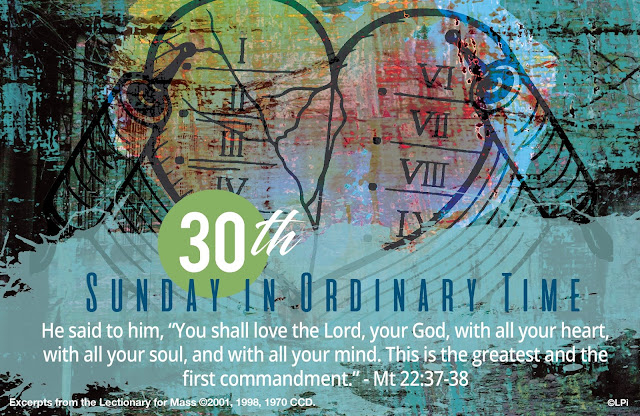For the Solemnity of Mary, Mother of God and the World Day of Peace (2021)

The shepherds went in haste to Bethlehem and found Mary and Joseph, and the infant lying in the manger. When they saw this, they made known the message that had been told them about this child. All who heard it were amazed by what had been told them by the shepherds. And Mary kept all these things, reflecting on them in her heart. —Luke 2:16-19 To call Mary the Theotokos , the "Mother of God " or “God-Bearer,” is to celebrate the unique role that she has played—and continues to play—in God’s plan of salvation. And as we honor the Theotokos in our celebration of the Solemnity of Mary, Mother of God, on January 1, we also celebrate the Octave Day of Christmas, recalling the circumcision and naming of Jesus on the eighth day after his birth (cf. Luke 2:21). A contemporary icon of Mary, "Seeker of the Lost" The iconic Christmas image of Mary holding her infant Son embodies the mystery of the Lord’s birth, as it brings together the human and divine elements of the In...










